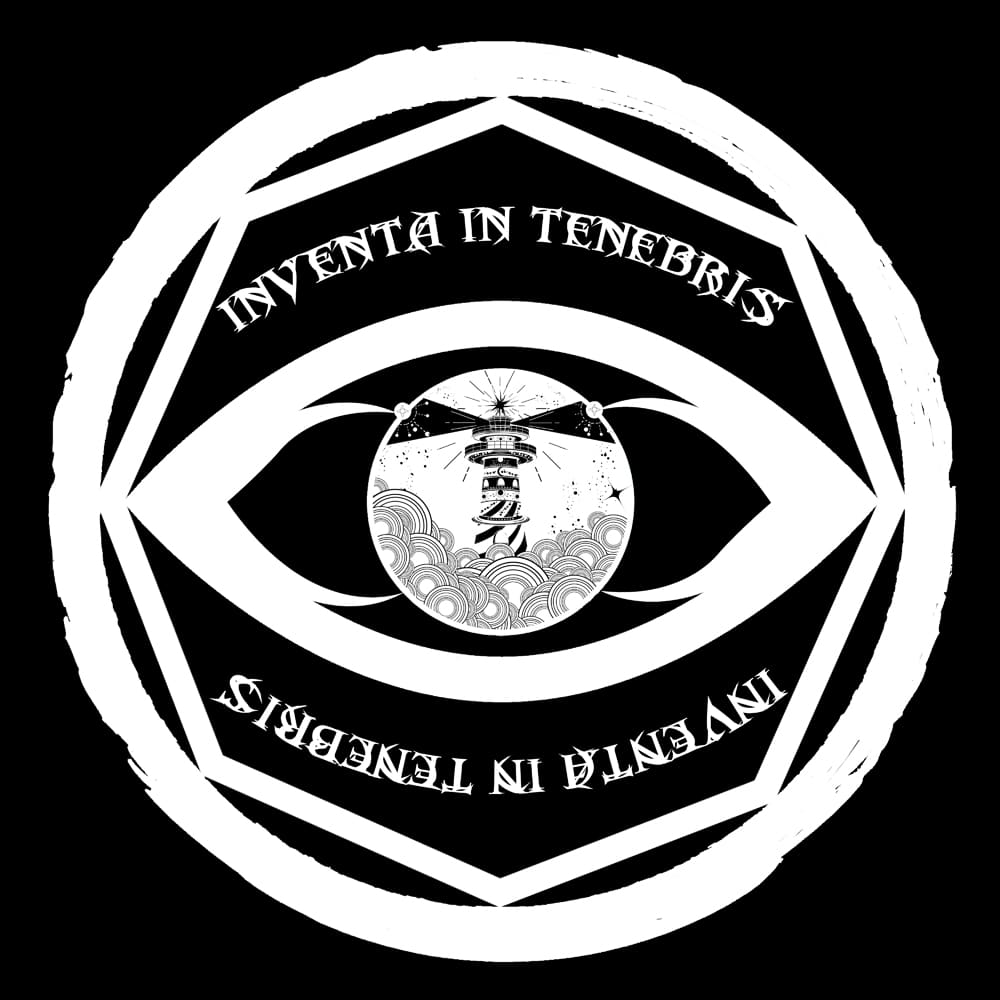 Blurring The Line is the new anthology of horror fiction and non-fiction, edited by award-winning editor Marty Young, published by Cohesion Press. You can get your copy here or anywhere you normally buy books (the print edition is coming any day now).
Blurring The Line is the new anthology of horror fiction and non-fiction, edited by award-winning editor Marty Young, published by Cohesion Press. You can get your copy here or anywhere you normally buy books (the print edition is coming any day now).
To help people learn a bit more about it, I’ve arranged for each fiction contributor to answer the same five questions, and I’ll be running these mini interviews every weekday now that the book is available.
Today, it’s:
Steven Lloyd Wilson
 Steven Lloyd Wilson discovered reading at a dangerously young age and writing soon thereafter. He has been writing science fiction stories since age eight when he realized that he could make Kirk and Spock do what he wanted in Word Perfect. It took fourteen years of misfires for him to finish writing his first novel, which was a magnificent disaster that should never be published. A second and third followed in short order and in 2009 he independently published Katorga, a dark yet humorous dystopian novel of a totalitarian future of brutal space colonization via gulags. He is chief film critic at Pajiba.com, where you can find his assorted non-fictions on a daily basis. In his spare time, he works as a professor of political science and is painfully close to completing his PhD in that field.
Steven Lloyd Wilson discovered reading at a dangerously young age and writing soon thereafter. He has been writing science fiction stories since age eight when he realized that he could make Kirk and Spock do what he wanted in Word Perfect. It took fourteen years of misfires for him to finish writing his first novel, which was a magnificent disaster that should never be published. A second and third followed in short order and in 2009 he independently published Katorga, a dark yet humorous dystopian novel of a totalitarian future of brutal space colonization via gulags. He is chief film critic at Pajiba.com, where you can find his assorted non-fictions on a daily basis. In his spare time, he works as a professor of political science and is painfully close to completing his PhD in that field.
1. What was the inspiration/motivation behind your story in Blurring The Line?
I’ve had stirring down in the depths of my mind this idea of a Lovecraftian story set at the South Pole during a white out ever since, well, I read several of Lovecraft’s novels on a trip to Alaska. I know, Lovecraft himself has several such stories, there’s The Thing, and a dozen others. So, real original, but I had this feeling about it. And then there was that XKCD strip (https://xkcd.com/1235/) pointing out that sightings of UFOs and other such phenomena have plummetted since the ubiquity of cell phone cameras. But what if shining the light into the darkness doesn’t show that nothing was ever there, but simply that the room is empty when you’re looking.
2. What does horror mean to you?
Horror to me as always been about the fear of the unknown. It’s about the darkness that lurks beyond the flickering fire, and what our imaginations invent as reasons for the unexplainable terrors that lurk there. It’s a primal thing, an appeal to the reptile brain, enhanced by all the creativity of the mammal brain. Science tells us how the world works, but horror tickles the back of our brain, questioning whether we really have any control or understanding in the least.
3. What’s a horror short story that you think everyone should read?
“I Have No Mouth and I Must Scream” by Harlan Ellison.
4. What horror novel should everyone read?
The Terror by Dan Simmons. Not exactly traditional horror, but that’s what makes it defy all expectation so that you can’t get an angle on why you’re uneasy, so the discomfort and fear builds and builds.
5. Name something that you think just might be real, or might not…
Hope.
___________________________________
Previous posts in the Blurring The Line interview series:
Marty Young
Tom Piccirilli
Lisa Morton
Tim Lebbon
Lia Swope Mitchell
Alan Baxter
James Dorr
Peter Hagelslag
Gregory L Norris
.
